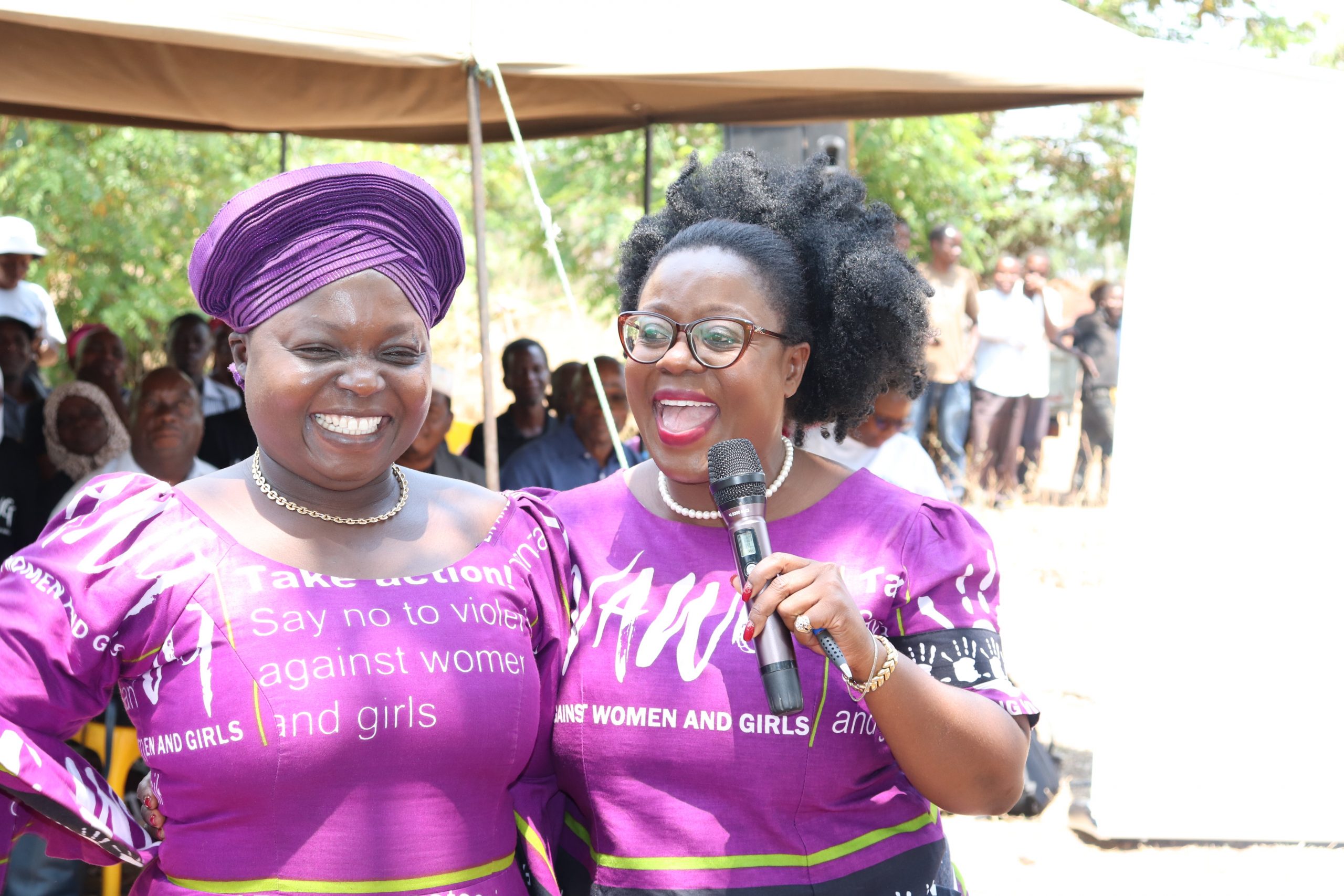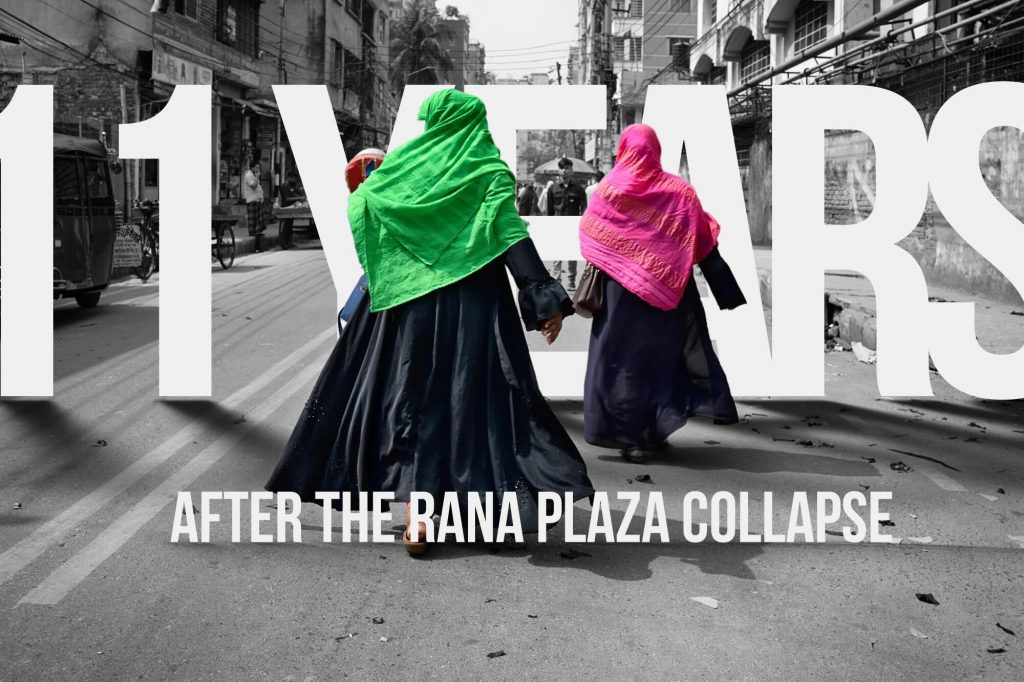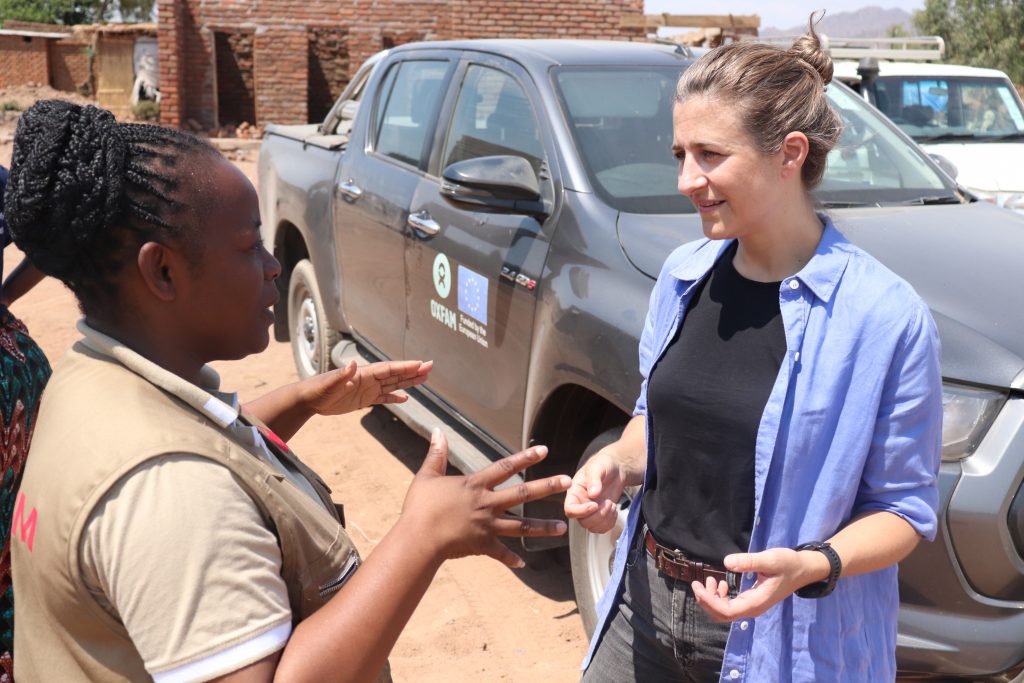IWD 2024: Standing Together for Women’s Rights
As I sit down to write my thoughts on International Women's Day, I can’t help but think about the current humanitarian crises rippling across the globe and how there’s an undeniable link between theses crises and women’s rights.
Women are the world’s powerhouses: they produce most of the world's food, are over-represented in precarious jobs that drive economic growth and do the vast majority of unpaid care work in their homes. Yet they make up the majority of the world’s poor, have fewer rights and have less control over decisions that shape their lives.
But things can be different. Poverty is not inevitable. It is caused by deep rooted social norms and unfair social, economic and political structures that are stacked against women.
Recently, I had the privilege of visiting South Sudan and Malawi where I met with Oxfam colleagues and partners. Every day, I was struck by the stories of the incredible women who are defying the odds and standing tall on the front lines fighting for women’s rights every day. Here are their stories.
Access to Clean Water: a Gender Equality Issue
The first stop on my journey takes me to Renk, a small border town in South Sudan, where I met Rose, a water engineer working tirelessly with Oxfam.
"Every drop of clean water is a victory, a step towards a safer future," Rose proudly tells me as we stand by the newly established water sources in the displacement transit camps. Rose has been heading up efforts to set up access to clean water and latrines in these camps, with a particular focus on responding to the specific needs of women and children. It may seem simple, but designing latrines that are actually accessible to small children can go a long way in helping families feel safe – and prevent the spread of diseases. Rose would be an inspiration in any context, but in a country where less than 10% of women can read, Rose stands out as a beacon of hope and an incredible source of inspiration. "These camps may have been temporary in the beginning, but the needs are evolving. We’re pivoting plans to ensure the safety and well-being of these vulnerable women and children," she tells me.
In emergencies, Oxfam meets urgent needs to save lives, but also looks at long-term solutions to restoring women's livelihoods, health, safety and leadership. Women are often left out of critical decisions that affect them, like how food, water, and medicine are distributed, and like in this case, even how to build the toilets. Oxfam and partners work to address that.
"It's more than infrastructure," Rose adds. "It's about dignity and creating an environment where families, especially women, feel safe."
Standing Up for Sexual and Reproductive Health and Rights
I then headed to Malawi, where I visited a rural health clinic supported by Oxfam. Here, I met Gloria, the clinic's dedicated physician, committed to providing sexual and reproductive health services to women and youth.
"Education is key," Gloria asserts with a smile. "When women are informed about their bodies and have access to healthcare, they can make choices that empower them and break the cycle of inequality." Gloria's passion for her work is contagious, and she shares success stories of young women taking charge of their destinies.
As our conversation unfolds, Gloria opens up about the challenges she faces. "Changing deeply ingrained societal norms is no easy feat," she admits, "But every healthy birth and every decline in HIV rates is a step towards proving that change is possible."

I was honored to meet both Rose and Gloria who work day in and day out to make a difference in the lives of women. It is women like them who are paving the way for a more equal future. This is why this International Women’s Day, I’m thinking about Rose, Gloria and all the strong and determined women who are fighting for their communities and making a real difference. Women who find themselves in conflict zones or climate disasters that are not of their making – and yet who are committed to improving the lives of those around them. Women who are speaking up, shifting power, promoting peace and changing lives.
If you’re inspired by this story and want to support projects, activities and communities like these, please donate here.

